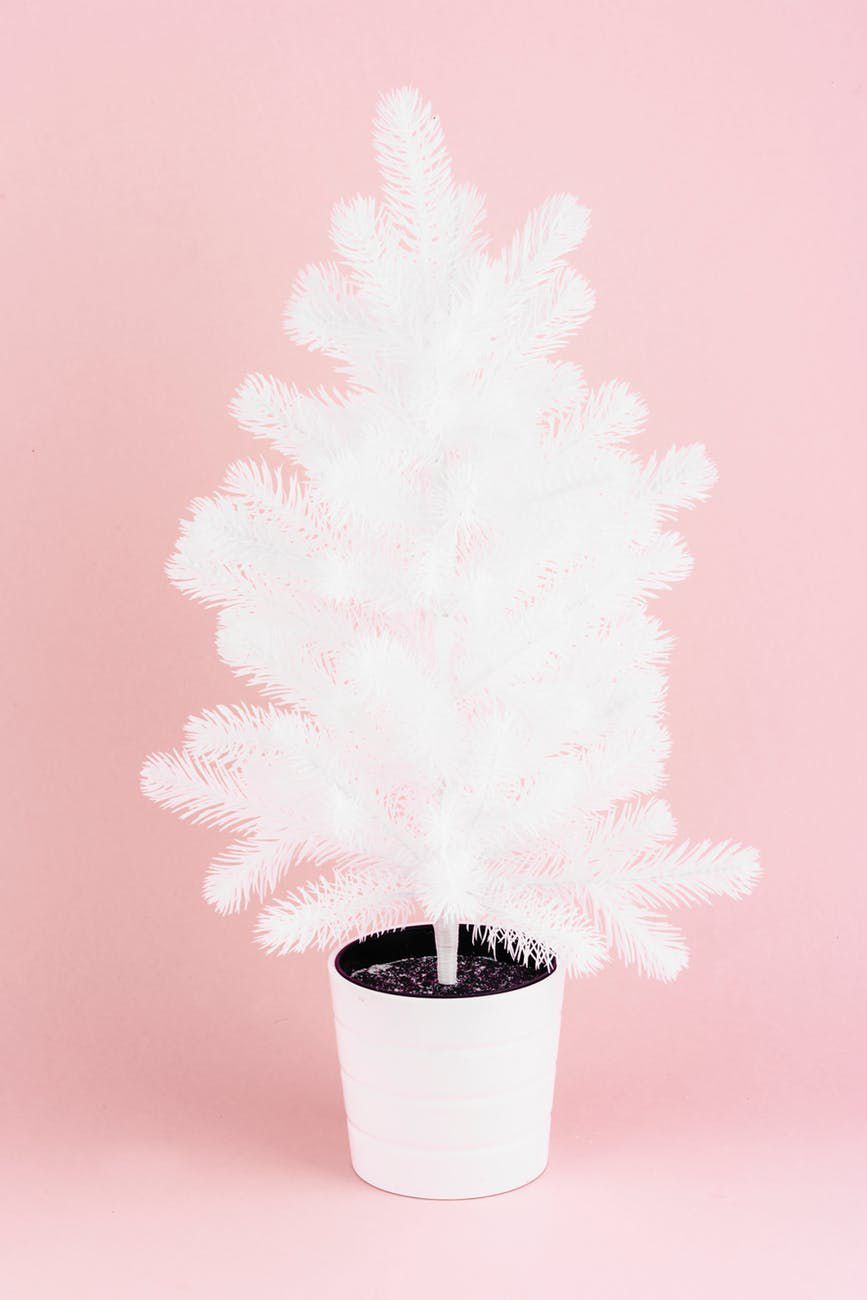PHTHALATES
Phthalates (pronounced f-THAL-lates), are used to make plastics flexible and as lubricants in cosmetics.
 A salt or ester of phthalic acid, Phthalates are mainly used as plasticizers, substances added to plastics to increase flexibility, transparency, durability and longevity. Primarily used to soften PVC (polyvinyl chloride) but are also found in a great many consumer products. Phthalates are extremely toxic chemicals, in many developed countries attempts are being made to phase them out due to serious health concern - could be like pushing water uphill as Phthalates (and dust) are everywhere.
A salt or ester of phthalic acid, Phthalates are mainly used as plasticizers, substances added to plastics to increase flexibility, transparency, durability and longevity. Primarily used to soften PVC (polyvinyl chloride) but are also found in a great many consumer products. Phthalates are extremely toxic chemicals, in many developed countries attempts are being made to phase them out due to serious health concern - could be like pushing water uphill as Phthalates (and dust) are everywhere.
Phthalates are not chemically bonded to the plastic, so they can be released directly to the environment. People can be exposed through direct contact, ingestion, or breathing air contaminated with phthalates. Exposure is widespread as the chemicals easily leach into the food chain, water and atmosphere. Fatty foods such as milk, butter and meat are the main source of phthalate exposure. Dust is also a major source and may contribute to asthma and other respiratory allergies as well as cosmetics and personal care products.
- Avoid all foods that have been stored in plastic containers or plastic wrap.
- Avoid water that has been stored in plastic containers.
- Avoid medications or supplements with enteric coatings.
Phthalates are used in many consumer products, including:
- Adhesives
- Perfume & Fragrances
- Soap, shampoo, deodorants, nail polish, hair spray, baby care products
- Baby pacifiers, teething rings
- Bath toys
- Detergents
- Lubricating oils
- Automotive plastics & leather
- Shower curtains
- School book coverings, PVC folders or sports kit bags
- Pencil cases, erasers
- Fake Christmas trees
- Food packaging and wraps
- Dusty areas of the home
- Plastic and vinyl toys eg: inflatable beach balls, air beds, slap bands etc
- Toys for DOGS, esp dog tennis balls
- Halloween products eg rubbery masks
- ‘Jelly’ shoes/sandals for kids
- Wall paper and adhesives
- Raincoats
- Vinyl flooring
- PVC pipes
- Garden hoses
- Medical devices eg IV tubing and bags
- PVC backed waterproof bedding
- Car steering wheel, dash and gears
- Soft sex toys
Phthalates in Children’s Products and Consumer and Children’s Packaging fortress.wa.gov
Phthalates in cars www.leatherusa.org/phthalates
'Phthalates are everywhere, and the health risks are worrying. How bad are they really?' www.theguardian.com
'How to avoid Phthalates even though you can't avoid phthalates' www.huffpost.com phthalates